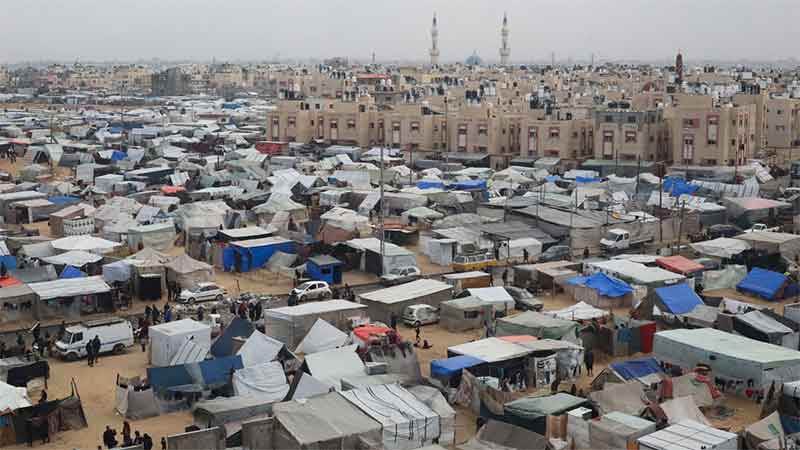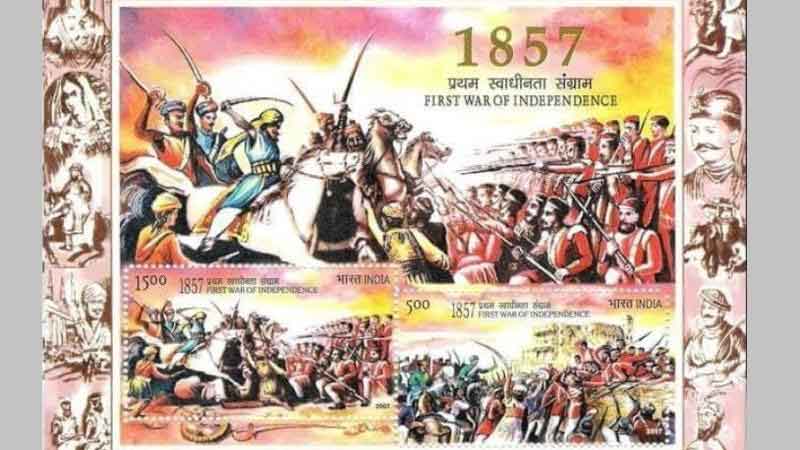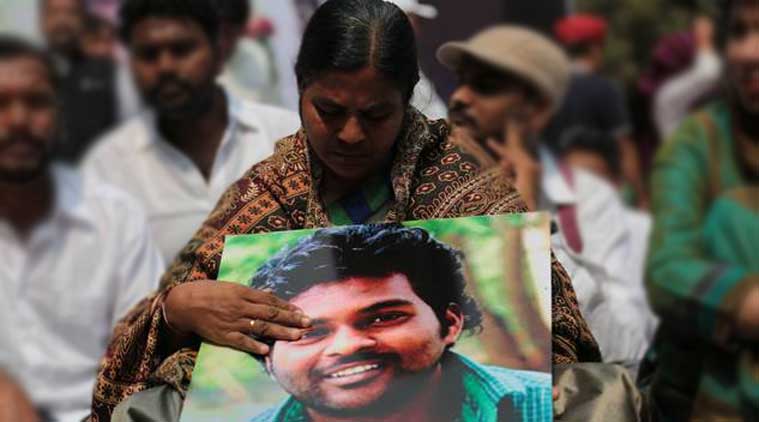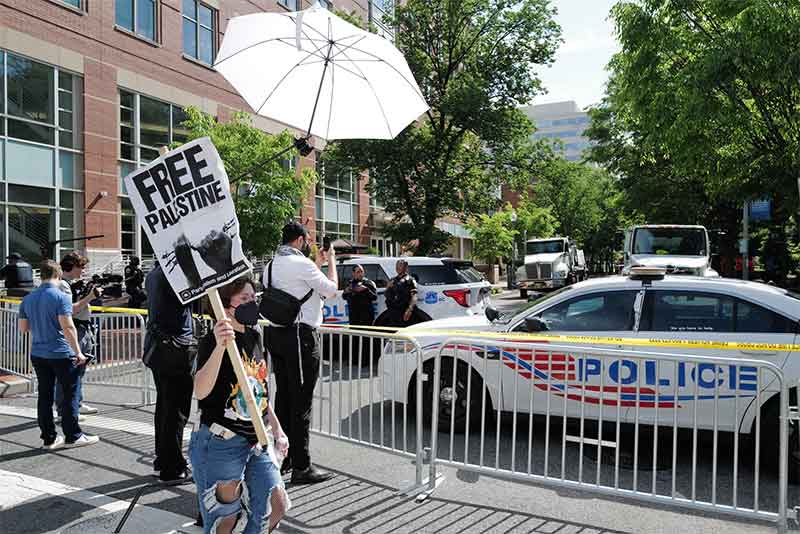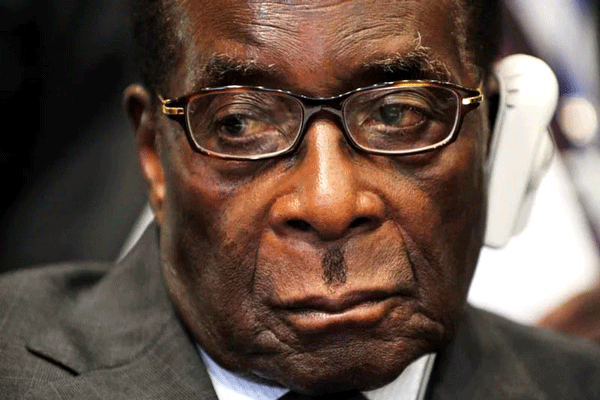
The strongman lost some muscle this week. Robert Mugabe, a leader of the liberation movement that transformed colonially pressed Rhodesia into post-colonial Zimbabwe, had issued a letter of resignation. There had been no orgy of blood, no ordering of grievances with a vast butcher’s bill – at least for now. Over 37 years Mugabe had become one of bad boys of the international scene, singled out for particular treatment by those whose scruples had been ruffled and bothered.
The admiration for Mugabe was always tempered by a sneer, one focused on tribalism, and the belief that black liberation was a monstrosity that would not amount to much. The British had been teachers on two levels, leaving the country, claims James North, “the harsh lesson that violence works, and a grotesquely unequal distribution of farmland.”[1]
Mugabe himself had been hardened by a prison term of ten years, during which his son died. The white leadership, under Ian Smith, did not feel it necessary to permit him to attend the funeral. Nor did Britain, keen to keep various other subjects in the unravelling imperium in check, feel it necessary to combat the issue on white rule in any forceful way. A white supremacist was less a problem than a rampant black freedom fighter.
In the course of Mugabe’s rule, the school of violence yielded its sanguinary lessons. To maintain rule, disgruntled dissidents led by rival nationalist leader Joshua Nkomo were massacred after attacks in southwestern Matabeleland, home to the minority Ndebele people. The carnage from that period is still unaccounted for, and estimates place the number of civilian dead at 1,500.
The other impetus for violent resolution came from efforts to redress the landowning inequalities that saw a relative handful of white farmers – some 6,000 or so – in possession of half the rural areas of the country. The situation was always an open invitation to forceful appropriation, with four million others looking on with smouldering resentment.
Talk shifted to the possibility of compensation in the 1978 Lancaster House Agreement, though the pledge repudiated by UK Prime Minister Tony Blair in 1997 was crudely small in comparison to farmer buyouts initiated after Kenyan independence in 1963. In true New Labour fashion, Blair had decided that aspiration mattered more than concrete targets. By 2000, land invasions, initiated by veterans from the war of liberation, were taking place. White farmers were evicted and slain. Mugabe sensed an opportunity. Judgments in the western press, freed of colonial context and the wrinkles of history, proliferated.
For some years afterwards, Mugabe seemed to fall into self-parody, the African strongman keen to right the wrongs of white colonial perversions to the tune of necessary justice. “I am still,” he said in March 2003, with full intention to shock, “the Hitler of the time.”[2]
The proceedings of the Johannesburg earth summit in September 2002 were marked by Mugabe’s tirade against Blair, with whom he will always be associated. In justifying the forced evictions of white commercial farmers, Mugabe pointedly told the prime minister to “keep your England and let me keep my Zimbabwe”.[3]
Such comments make the remarks of UK Foreign Secretary Boris Johnson unremarkable, despite the note of striking disingenuousness. “I will not pretend to regret Mugabe’s downfall. Today is a moment of hope for the people of Zimbabwe. The UK will support them.”[4] To his credit, and eternal confusion, Johnson, when London Mayor, conceded that “Zimbabwe was not always like this, and did not have to be like this. This [Robert] Mugabe tyranny is no accident – and Britain played a shameful part in the disaster.”[5] Oddly lucid at times, is old Boris.
Leaders and political groups outside the country have been tiptoeing in their observation, exuding praise and, in many instances, sheer relief. Condemning the Zimbabwean leader never lacked that sense of self-accusation, the muddying of a freedom fighter’s legacy. In doing so, they would be gazing at the mirror of colonial poison and self-doubt, and post-colonial loathing.
Alpha Conde, president of Guinea and chief of the African Union, feared a carnival of violence in the country. While it had been a “shame” for this “African hero” to “leave through the back door” he was relieved that Mugabe had made a decision to resign.[6]
All too familiar espousals of the value of popular will and democratic imperatives have come, ignoring the obvious fact that the military was the body that ultimately acted as the coercive corrective. With little surprise, these have streamed from opposition figures and entities keeping a close eye on politics at home.
South Africa’s Democratic Alliance would still see, in what was effectively an overthrow, “a victory for the people of Zimbabwe who have suffered greatly under the latter years of Mugabe’s reign”. Another opposition figure, Zambia’s Hakainde Hichilema, deemed the Zimbabwean change as a product of “power by the people for the people and to the people”.[7]
Such a system is hardly likely to produce a gentle hearted, rose growing pacifist. Where power is currency, the mint is bound to be stacked with the appropriate staff, creatures of the moment. The ruling ZANU-PF party was itself the progenitor of internal struggles that eventually saw military intervention.
One of those members is Mugabe’s veteran enforcer Emmerson Mnangagwa, a figure who has pressed, and hacked, the appropriate flesh over the years. His sacking as vice president on November 6 by Mugabe stimulated the taste buds of power, though the aspirant had to initially flee to South Africa fearing for his life.
The global intelligence company Stratfor was wise enough to pick The Crocodile and serial kleptocrat as a potential successor to Mugabe in a briefing note in August 2011. The suspicious death in a house fire of Solomon Mujuru, former commander of the Zimbabwean National Army and husband of deputy president Joyce Mujuru, opened “the door for top rival Defense Minister Emmerson Mnangagwa [to] secure [his] control of the succession situation in Zimbabwe”.[8] The battlelines had been effectively drawn between the Mujuru faction and Mnangagwa’s supporters among the Joint Operations Command.
In the lingering scuffle, Mnangagwa has capitalised and swooped in. However much the spirit of non-violent resistance evident in previous Zimbabwean opposition campaigns will survive his ascension to power is questionable. Against the spirit of traditionally violent resolution has been the daringly courageous work of labour leader Morgan Tsvangirai, a figure who survived three assassination attempts, and various beatings. But this is unlikely to impress The Crocodile, a true product of his time.
Dr. Binoy Kampmark was a Commonwealth Scholar at Selwyn College, Cambridge and lectures at RMIT University, Melbourne. Email: [email protected]
[1] https://www.thenation.com/article/robert-mugabe-and-the-poisonous-legacy-of-british-colonialism/
[2] http://www.telegraph.co.uk/news/worldnews/africaandindianocean/zimbabwe/1425727/Hitler-Mugabe-launches-revenge-terror-attacks.html
[3] https://www.theguardian.com/environment/2002/sep/02/greenpolitics.Zimbabwenews
[4] https://twitter.com/BorisJohnson/status/933036717367586817
[5] http://www.telegraph.co.uk/news/politics/labour/11428364/Happy-birthday-Mr-Mugabe-with-special-love-from-Labour.html
[6] http://www.visionguinee.info/2017/11/21/alpha-conde-apres-la-demission-de-mugabe-cest-dommage-quil-sorte-par-la-petite-porte/
[7] http://www.aljazeera.com/news/2017/11/robert-mugabe-resigns-world-reaction-171121191805387.html
[8] https://wikileaks.org/gifiles/docs/18/1824765_for-comment-zimbabwe-mujuru-dead-long-live-mnangagwa-.html

